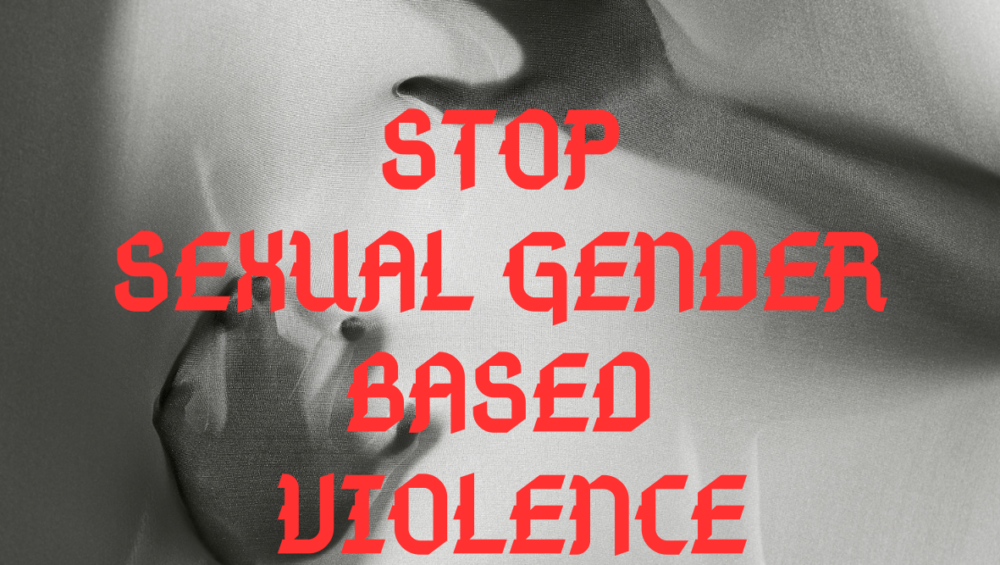Every day, stories of women facing marginalization flood mainstream and social media, with sexual and gender-based violence (SGBV) taking center stage in national conversations. This global issue is not just a statistic; it is a painful reality for many, and addressing it is a collective responsibility. By taking meaningful action, communities can contribute to real change and drive a more equitable society.
Recent research by Ekpenyong, Ushie, and Tawo (2021) underscores the vital role of education in preventing gender-based violence. Their study highlights how literacy empowers women to navigate abusive situations and build independent, sustainable lives. By fostering education and literacy, societies can equip women with essential skills for employment and economic independence—key factors that help reduce vulnerability to SGBV. In Nigeria, where the issue is particularly pressing, providing educational opportunities for women is crucial for creating protective environments.
The gravity of the situation is further illustrated by a national survey from the Women at Risk International Foundation (WARIF), which revealed that nearly 25 percent of females aged 18 to 24 experienced sexual abuse before reaching adulthood. These statistics may actually underestimate the prevalence of the issue, as stigma and fear often prevent victims from coming forward and seeking justice.
In response to this alarming trend, the WARIF Girls’ Project Plus (WGP+), in collaboration with HP, has initiated a program designed to combat sexual violence against girls while also empowering them through digital literacy. This initiative aims to equip female secondary school students with the skills needed to recognize early signs of sexual violence and respond appropriately. By building capacity among these young girls, the project seeks to foster resilience and self-advocacy.
Through targeted educational efforts, WGP+ not only addresses the immediate threats posed by SGBV but also lays the groundwork for long-term change. By empowering young girls with the knowledge and skills they need, this initiative contributes to breaking the cycle of violence and opens doors to a future where women can thrive without fear.





